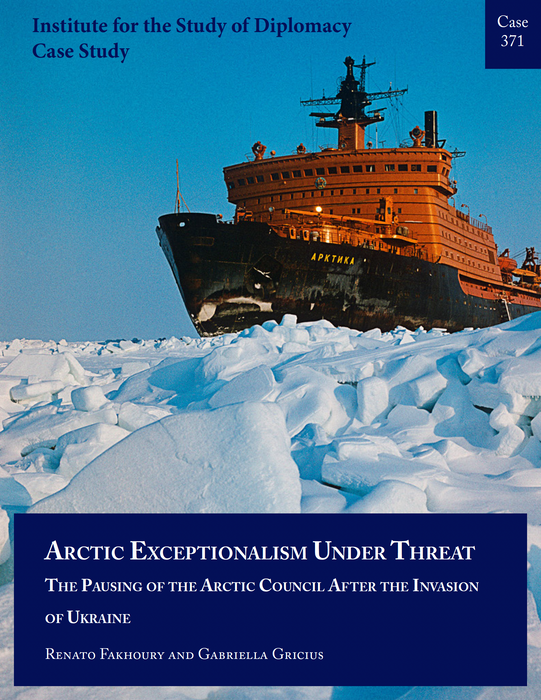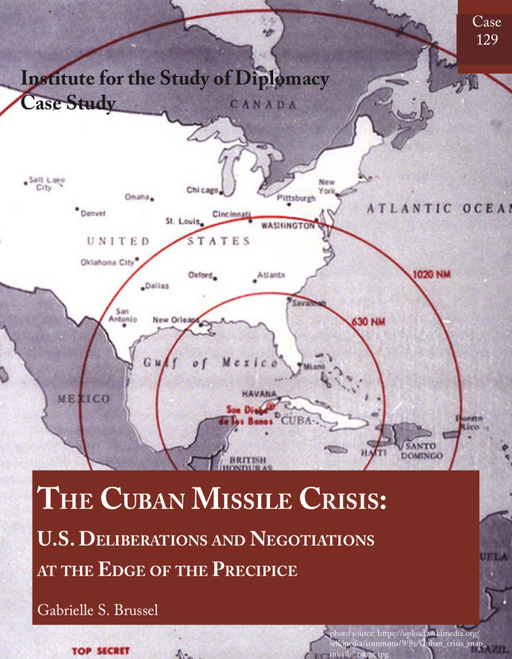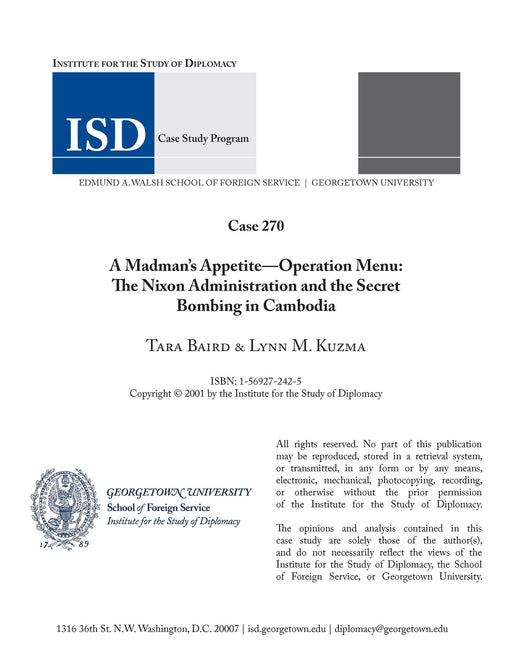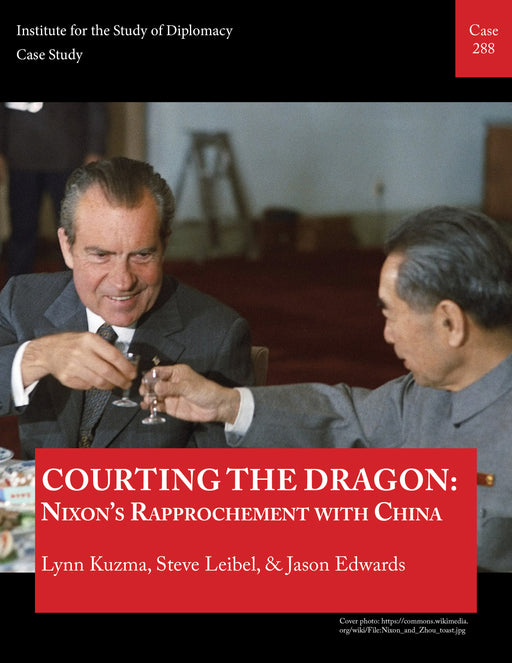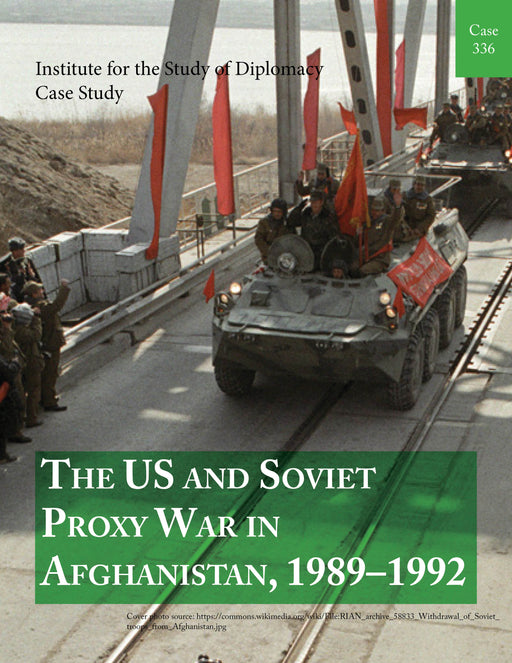Case 371 - Arctic Exceptionalism Under Threat: The Pausing of the Arctic Council After the Invasion of Ukraine
Gabriella Gricius and Renato Fakhoury
For many decades, the Arctic region was seen as a peaceful zone, isolated from state-centric dynamics of military competition and struggle for resources. This view, which many call "Arctic exceptionalism," was also ingrained in one of the region’s most important institutions, the Arctic Council (AC). The AC is formed by the eight Arctic states (Canada, Denmark—through Greenland—Finland, Iceland, Norway, Sweden, the Russian Federation, and the United States), as well as six Indigenous organizations. According to the declaration that instituted the Council, matters of military security should not be discussed in its meetings. This assumption, however, was put to rest in February of 2022, when Russia launched an illegal war of aggression against Ukraine, and the Arctic Council suspended all operations. The seven western Arctic states released a statement in which they suspended their participation as Russia was the chair of the AC as a response to Russia’s actions in Ukraine. After much backroom negotiation, Russia’s chairmanship of the AC was transferred to Norway in May 2023, where it appears the seven Arctic states have restarted their participation in the Council.
This case study presents a timeline of the Arctic Council, its major accomplishments in promoting peace and cooperation in the region and discusses its decision to pause activities in light of the Russian invasion of Ukraine. It analyzes whether these crises signify the end of the Arctic exceptionalism, and in which ways institutionalism can survive state-centric competition.

